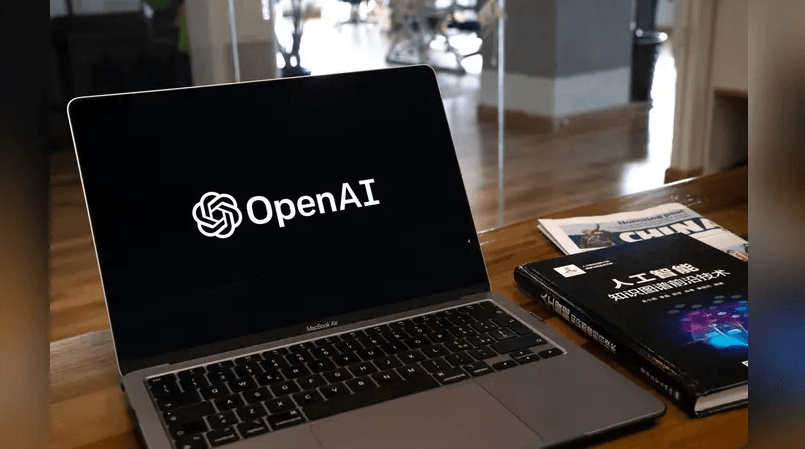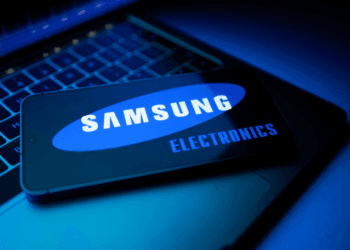Athira Sethu
Kochi, 22 October 2025
OpenAI revealed on Tuesday that it is introducing its own web browser, called Atlas, to take on Google directly as more individuals rely on AI to get answers online.
By offering a browser, OpenAI could tap into the vast internet traffic and potential advertising revenue, something Google has dominated for years. Although OpenAI’s ChatGPT now has over 800 million users, many use the service for free, and the company has been struggling financially, seeking ways to become profitable.
This development comes months after OpenAI executives indicated interest in purchasing Google’s Chrome browser if a U.S. judge mandated Google to sell it in a court fight against its monopoly status. But in a legal decision last month, U.S. District Judge Amit Mehta rejected the Justice Department’s bid to disband Google, citing that AI innovations are already reshaping the competitive environment.
OpenAI’s browser will face tough competition from Chrome, which has nearly 3 billion users worldwide and recently added AI features powered by Google’s Gemini technology.
Chrome’s success can be used as a blueprint for OpenAI as it moves into this space. Google introduced Chrome in 2008, when Microsoft’s Internet Explorer was the leader, and most believed a new browser would never stand a chance. However, Chrome rapidly gained market share because of its speed and other attributes, so much so that Microsoft ended up phasing out Explorer and launching the Edge browser, which functions like Chrome.
Another AI firm, Perplexity, released its own Comet browser this year. It also indicated interest in acquiring Chrome, even going so far as to make a $34.5 billion bid, but that was thwarted after the judge forbade the dissolution of Google.





















